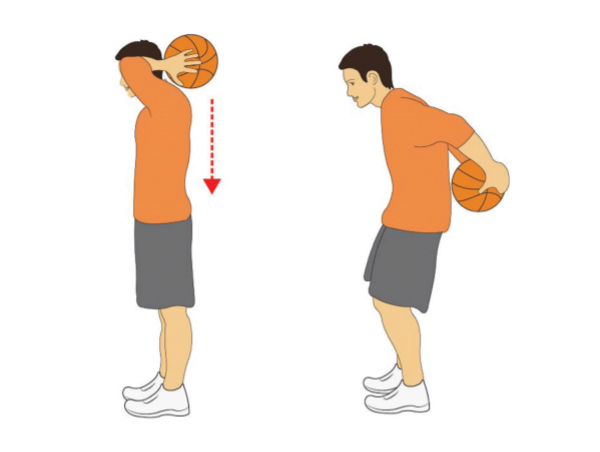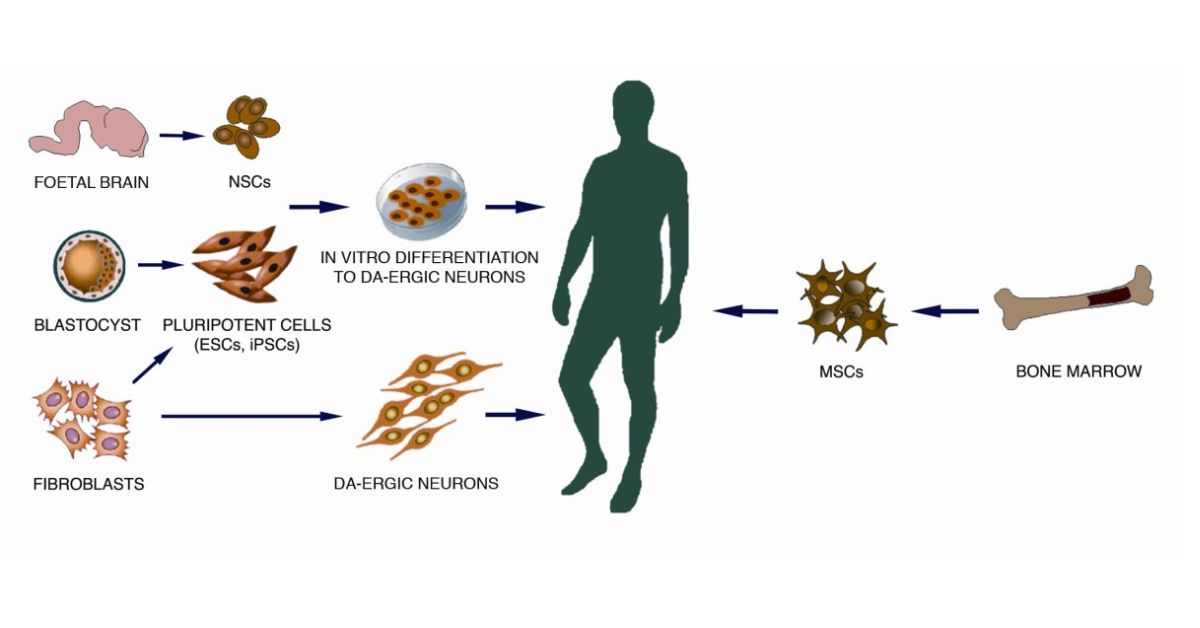Stress is an inevitable part of life, but when it becomes overwhelming and persistent, it can wreak havoc on your physical and mental well-being. Most of us know the pressure of a looming deadline or juggling responsibilities. But do you truly understand the toll chronic stress can take on your body and mind?
This post dives deep into the side effects of elevated stress levels and offers actionable insights to help you manage and reduce its impact. By the end, you’ll not only recognize the warning signs of high stress but also feel empowered to take control of your health and well-being.
What Is Stress?
Stress is your body’s natural response to any demand or pressure. This response, often referred to as the “fight-or-flight” reaction, prepares your body to face or escape perceived threats.
While some stress is normal and even beneficial in small doses (e.g., a little stress can motivate you to prepare for a presentation), chronic or excessive stress becomes harmful and can lead to severe physical and mental health problems.
Why Does Stress Happen?
Stress triggers can vary greatly from person to person. Common culprits include work deadlines, financial struggles, relationship conflicts, and health issues. On top of these, external factors like global events, social media, and even daily traffic can add to your stress burden.
Ultimately, stress arises when the demands placed on us exceed our ability to cope. When this balance tips, the stress response remains in overdrive, causing long-term harm.
The Science Behind Stress
Understanding the science behind stress begins with two main hormones your body releases during stressful situations: cortisol and adrenaline.
The Role of Cortisol and Adrenaline
- Cortisol helps regulate various body functions, including metabolism and the immune response. However, chronic stress can lead to consistently high cortisol levels, which harm the body.
- Adrenaline increases your heart rate, sharpens focus, and provides a temporary boost of energy. Over time, elevated adrenaline levels can strain your cardiovascular system.
How Stress Affects the Nervous System
Your sympathetic nervous system (SNS) manages the “fight-or-flight” response, while your parasympathetic nervous system (PNS) helps you relax. Chronic stress keeps the SNS activated, preventing the PNS from restoring balance, which can result in long-term exhaustion and burnout.
Short-Term vs. Long-Term Stress
- Short-Term Stress (acute stress): Momentary and resolved once the triggering event passes (e.g., stressing about a presentation).
- Long-Term Stress (chronic stress): Persistent stress that continues for weeks, months, or even years, leading to various health issues discussed below.
Physical Side Effects of Chronic Stress
Cardiovascular Problems
Long-term stress increases your risk for serious heart-related issues.
- High Blood Pressure: Stress hormones narrow the blood vessels, increasing blood pressure over time.
- Heart Disease: Chronic stress contributes to plaque buildup in arteries, putting you at greater risk of heart attack or stroke.
Digestive Issues
Your digestive system doesn’t escape stress unscathed.
- Stomach Ulcers: Chronic stress weakens the stomach lining, leading to painful ulcers.
- Acid Reflux and Indigestion: Stress can exacerbate acid reflux and cause bloating or discomfort during digestion.
- Irritable Bowel Syndrome (IBS): Stress influences gut health, often triggering IBS symptoms like diarrhea.
Weakened Immune System
Stress suppresses immunity, making you vulnerable to illnesses.
- Frequent Colds: Stress lowers your ability to fight off infections, resulting in more colds or flu.
- Slow Wound Healing: Prolonged stress delays the body’s natural recovery processes.
Chronic Pain and Inflammation
Ongoing stress triggers muscle tension, which in turn causes chronic pain.
- Muscle Tension and Headaches: Persistent stress often results in tension headaches or migraines.
- Joint Pain and Body Aches: Stress-induced inflammation can worsen arthritis or cause widespread body discomfort.
Mental and Emotional Side Effects of High Stress
Anxiety and Depression
Stress and mental health issues are closely linked.
- Stress Triggers Mental Health Problems: Persistent stress can lead to anxiety disorders or depression.
- The Vicious Cycle: Stress magnifies anxiety, creating a worsening feedback loop.
Memory and Concentration Problems
High stress levels cloud your ability to think clearly.
- Brain Fog: Your thoughts feel scattered, and it becomes harder to focus.
- Poor Decision-Making: Stress impairs logical thinking, impacting work and relationships.
Mood Swings and Irritability
Your emotional resilience declines when stress takes over.
- Heightened Anger and Frustration: You might notice quick escalations in irritability or outbursts.
- Social Withdrawal: Chronic stress can reduce your interest in socializing and create a sense of isolation.
Behavioral Changes Due to High Stress
Unhealthy Eating Habits
Food often becomes a coping mechanism during stress.
- Emotional Eating: Turning to sugary or greasy foods for comfort.
- Skipping Meals: High stress suppresses appetite, leading to irregular eating patterns.
Sleep Disorders
Stress wreaks havoc on your ability to rest.
- Insomnia: You may struggle to fall asleep or stay asleep.
- Restless Sleep: High stress can lead to nightmares or waking up frequently during the night.
Substance Abuse
Some people turn to stimulants or depressants for stress relief.
- Alcohol, Drugs, and Caffeine: They might bring momentary relief but worsen stress in the long run.
Long-Term Consequences of Chronic Stress
Living under constant stress doesn’t just disrupt daily life; it can also contribute to severe long-term health risks. Chronic stress increases the likelihood of chronic diseases, including diabetes and autoimmune disorders, and is linked to a shortened lifespan.
How to Manage and Reduce Stress
Lifestyle Changes
Take control of stress by making small but meaningful life adjustments.
- Exercise: Activities like running, swimming, or yoga release endorphins, reducing stress naturally.
- Healthy Diet: Nutrient-rich foods boost your resilience to stress.
Mindfulness and Relaxation Techniques
Dedicate time to calming your mind and body.
- Meditation and Deep Breathing: These practices reduce heart rate and cortisol levels.
- Yoga and Stretching: Movement-focused relaxation reduces muscle tension and improves overall well-being.
Seeking Professional Help
If stress feels unmanageable, don’t hesitate to seek support.
- Therapy: Talking with a licensed therapist can help you identify and address stressors.
- Medication: For extreme cases of stress, a medical professional might recommend medications to balance brain chemistry while other interventions are implemented.
Prioritize Stress Management for a Healthier You
Stress is a silent disruptor that affects every aspect of your well-being. By recognizing its effects and taking proactive steps, you can protect your health and live a more balanced life. Start small, whether it’s tweaking your daily habits or seeking help, and watch how life transforms.
Managing stress isn’t just about surviving; it’s about thriving. Your health and happiness are worth the effort.
FAQs
Can stress cause permanent damage?
Yes, prolonged stress can lead to permanent damage, especially to cardiovascular health, brain function, and the immune system. Early intervention is key.
How do I know if my stress levels are too high?
Signs include persistent fatigue, frequent illness, mood swings, trouble focusing, and physical symptoms like tension headaches or stomach upset.
What are quick ways to reduce stress?
Deep breathing, taking a short walk, listening to calming music, or practicing mindfulness can help lower stress quickly.
Can stress cause weight gain or loss?
Yes. Stress can disrupt appetite-regulating hormones, leading to overeating or loss of appetite, depending on the individual.
When should I seek medical help for stress?
If stress interferes with your daily life or you experience chronic symptoms (e.g., insomnia, severe anxiety, or physical health issues), it’s time to consult a professional.

Dominic O. McCoy is a passionate writer who loves crafting engaging and informative blogs on a wide range of topics. With a deep curiosity and a knack for storytelling, he explores everything from lifestyle and technology to business and home improvement. Whether breaking down complex ideas or sharing practical tips, McCoy aims to deliver valuable content that resonates with readers. When he’s not writing, he enjoys learning about new trends and expanding his knowledge to bring fresh perspectives to his work.





























































































